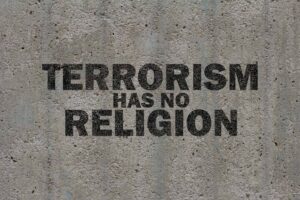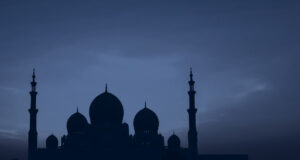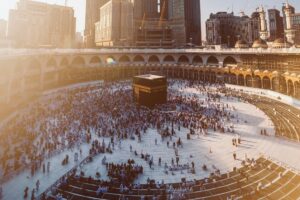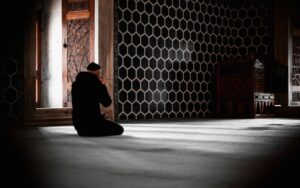

Do you struggle to stick to your resolutions? Often, it’s the small, consistent steps, not radical change, that lead to lasting transformation—a principle deeply embedded in Islam and reflected in its daily practices.

Are extremists truly driven by faith? Or are they merely using it as a guise to further their own interests? What does Islam teach about peace and violence?

As this year’s Ramadan draws to a close, we should seek to carry its blessings forward throughout the year. As we bid farewell to this blessed month, let us not bid farewell to the spirit it ignited within us.

Whenever the world plunges into the abyss of darkness and the night appears endless, a night of divine decree manifests, reminding of a radiant dawn that is about to follow.

The physical endeavours one undertakes during Ramadan must also spark a spiritual transformation in them, thus merging the two heats reflected in the very name of the month.

Many so-called ‘harmless’ ways to release anger—like yelling or hitting objects—are often suggested, but do they really help? Research suggests otherwise.

As long as a person is immersed in the material world, they cannot relinquish the desire to acquire the paltry goods of this life. On the contrary, the more a person bonds with God, the more they experience peace of mind.

Eid al-Adha is a celebration of sacrifice, spirituality, and renewal. It embodies the timeless values of devotion, obedience, and compassion that are central to Islam.

Fasting brings about moral transformation in a person, serving as a means of attaining righteousness, self-discipline, and physical and mental rejuvenation.

Heaven and hell are not material worlds that come from outside but are physical manifestations of man’s spiritual conditions in this world. They arise as the consequences of human actions in this life.